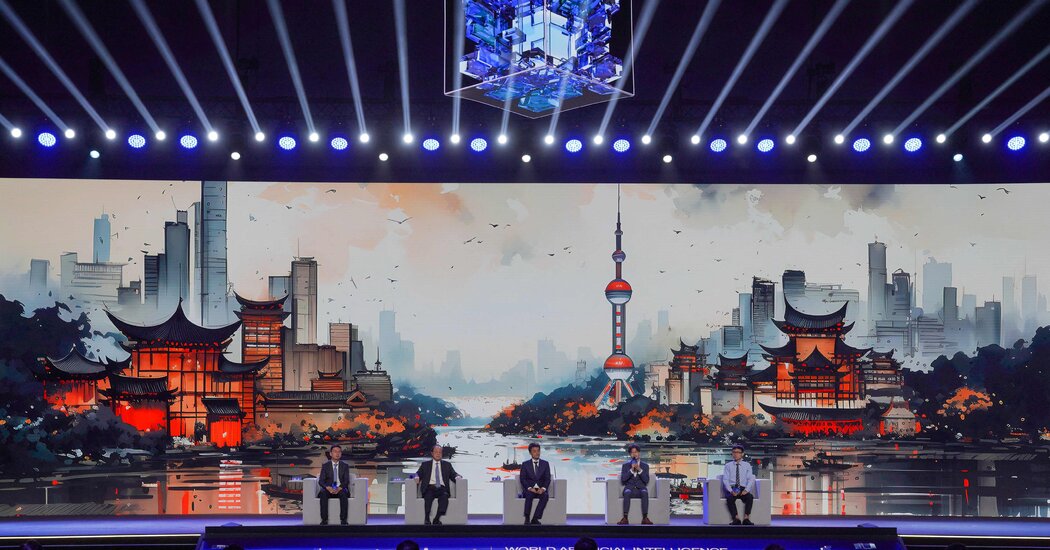The Shifting Landscape of A.I. Talent: A U.S.-China Comparison
When it comes to the advanced artificial intelligence that fuels chatbots such as ChatGPT, the United States has long been considered the leader. However, in the realm of cultivating the scientists who are pioneering the next wave of humanoid technology, China is making significant strides. Recent research reveals that, by various metrics, China has surpassed the United States as the foremost producer of A.I. talent, generating nearly half of the world’s top A.I. researchers. In contrast, only about 18 percent of leading A.I. experts hail from U.S. undergraduate institutions, according to a study conducted by MacroPolo, a think tank associated with the Paulson Institute that advocates for constructive U.S.-China relations.
This remarkable shift underscores a notable increase for China, which accounted for roughly one-third of the world’s elite talent just three years ago. Meanwhile, the United States has largely maintained its share during this period. The findings are based on the academic backgrounds of researchers whose papers were presented at the 2022 Conference on Neural Information Processing Systems (NeurIPS). This prestigious conference is dedicated to innovations in neural networks, the backbone of recent advancements in generative A.I.
The widening talent gap has been developing over the past decade. Throughout much of the 2010s, the United States benefitted significantly as a large influx of China’s brightest minds pursued doctoral degrees at American universities. A substantial number of these researchers chose to remain in the U.S. after graduation. However, the recent research indicates that this trend is reversing, with an increasing number of Chinese researchers opting to stay in their home country.
The forthcoming years could prove pivotal as both China and the United States vie for dominance in the A.I. sector—a transformative technology that has the potential to enhance productivity, fortify industries, and spur innovation. As a result, these researchers are becoming one of the most geopolitically significant groups in the world.
Generative A.I. has captivated the tech landscape in both Silicon Valley and China, igniting a frenzy of funding and investment. This surge has been predominantly driven by U.S. tech giants like Google and innovative start-ups such as OpenAI. This dynamic could further attract China’s researchers; however, the escalating tensions between Beijing and Washington may also serve as a deterrent, according to experts.

Leave a Reply